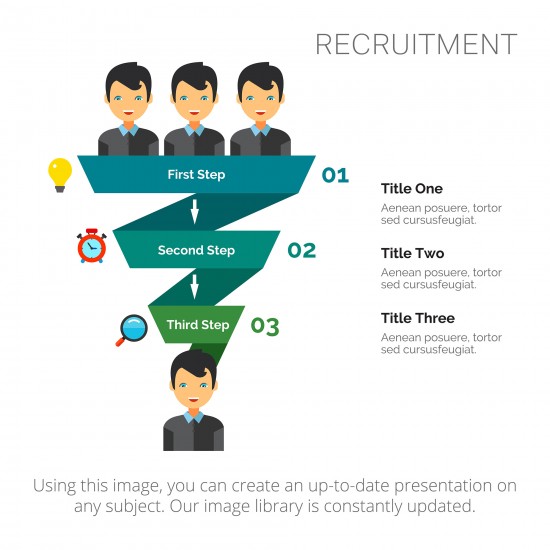
Total Job Quality - Online Training
$750.00
The cost of a course changes depending on the venue
Objectives
- Labor Force Analysis.
- Develop career route plans.
- Preparation of career development plans.
- Analysis, evaluation and classification of posts.
- Study, analyze and develop systems and methods of evaluating job performance.
- Preparation of training regulations, policies and procedures.
- Preparation of procedures and models of human resources operations.
Who Should Attend?
- Quality supervisors
- Directors and Heads of Departments
- Executives
- Quality sector staff
- Team leaders and professionals
Seminar Outline
- Human assets.
- Stages of strategic planning.
- Human resource planning problems in organizations.
- External Factors Affecting Labor Force Planning.
- Replacement maps.
- Methods of job analysis
DAY 1
- Performance evaluation.
- Career Path.
- job description.
- Occupancy mode.
- Training and development.
- Strategic Planning.
- Skills.
- Planning of career succession.
DAY 2
- Definition of development.
- Career development process.
- Evaluation side of career development.
- Advice and guidance.
- On-the-job training.
- Functional rotation.
- Training Assistance Programs.
DAY 3
- Functional description requirements.
- Link description to career development.
- Workers' Handbook.
- Fill in the posts.
DAY 4
- The concept of job description.
- Duties - Authorities - Responsibilities.
- Quality groups.
- Elements of the regulatory framework and the importance of characterization as a basis for increasing the efficiency of the human element.
- Practical steps to prepare organizational structure and reorganization and its impact on job descriptions and rankings. - Foundations and criteria for the analysis and characterization of jobs in the light of changes in the structure of employment.
- Performance rates, functional decisions and practical application problems.
- The scientific bases governing the formation of specific functional groups in organizations.
- Analysis and characterization of jobs as a basis for individual project policies (selection policies, training, incentives, etc.).
- Analyzing, characterizing, arranging and evaluating jobs as a basis for workforce planning.
- Analysis, characterization, ranking and evaluation of posts as a basis for staff promotions.
- Evaluation indicators - Staff promotion factors
- Information systems.


